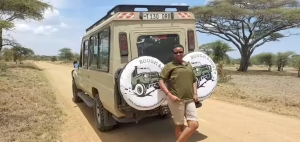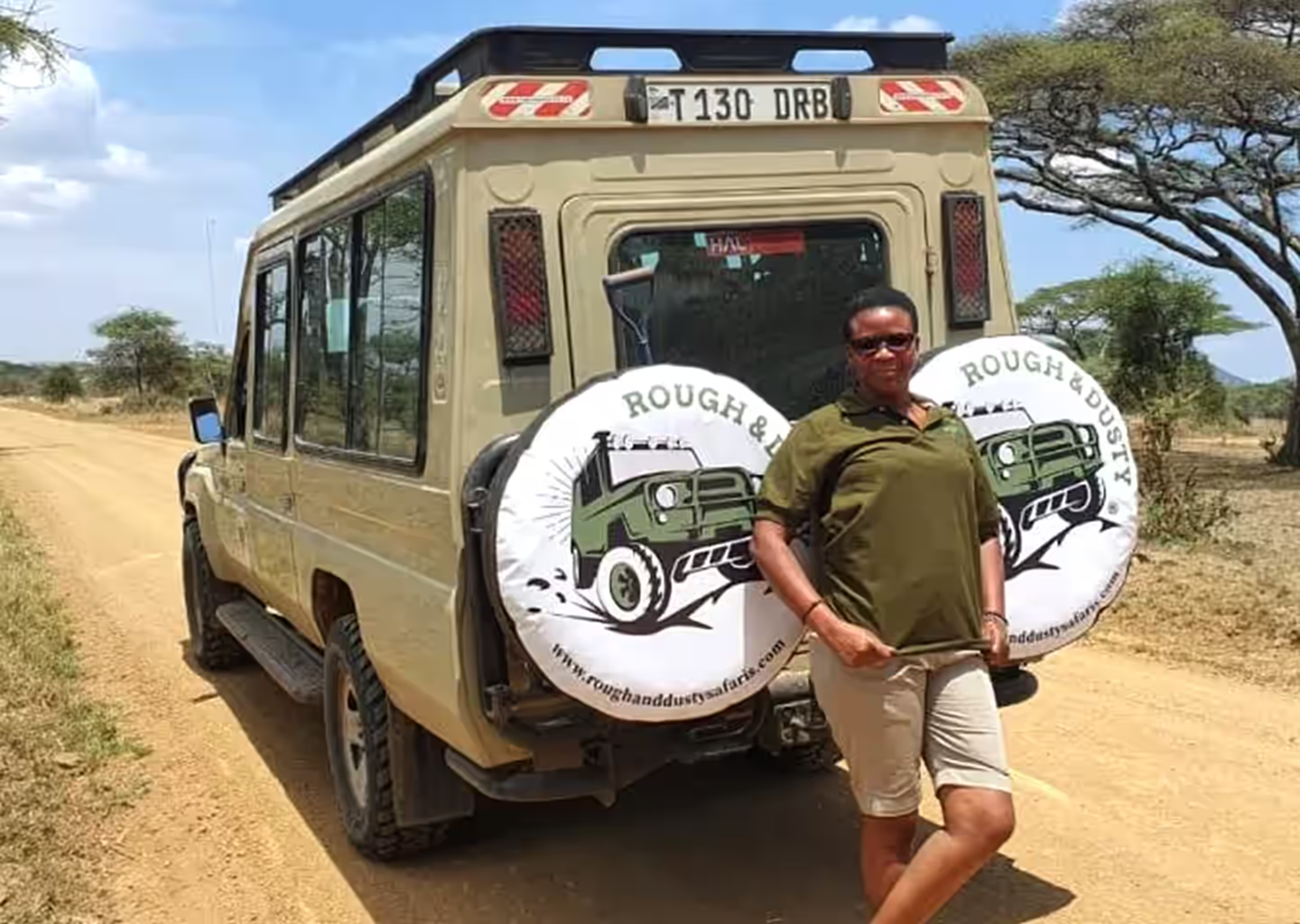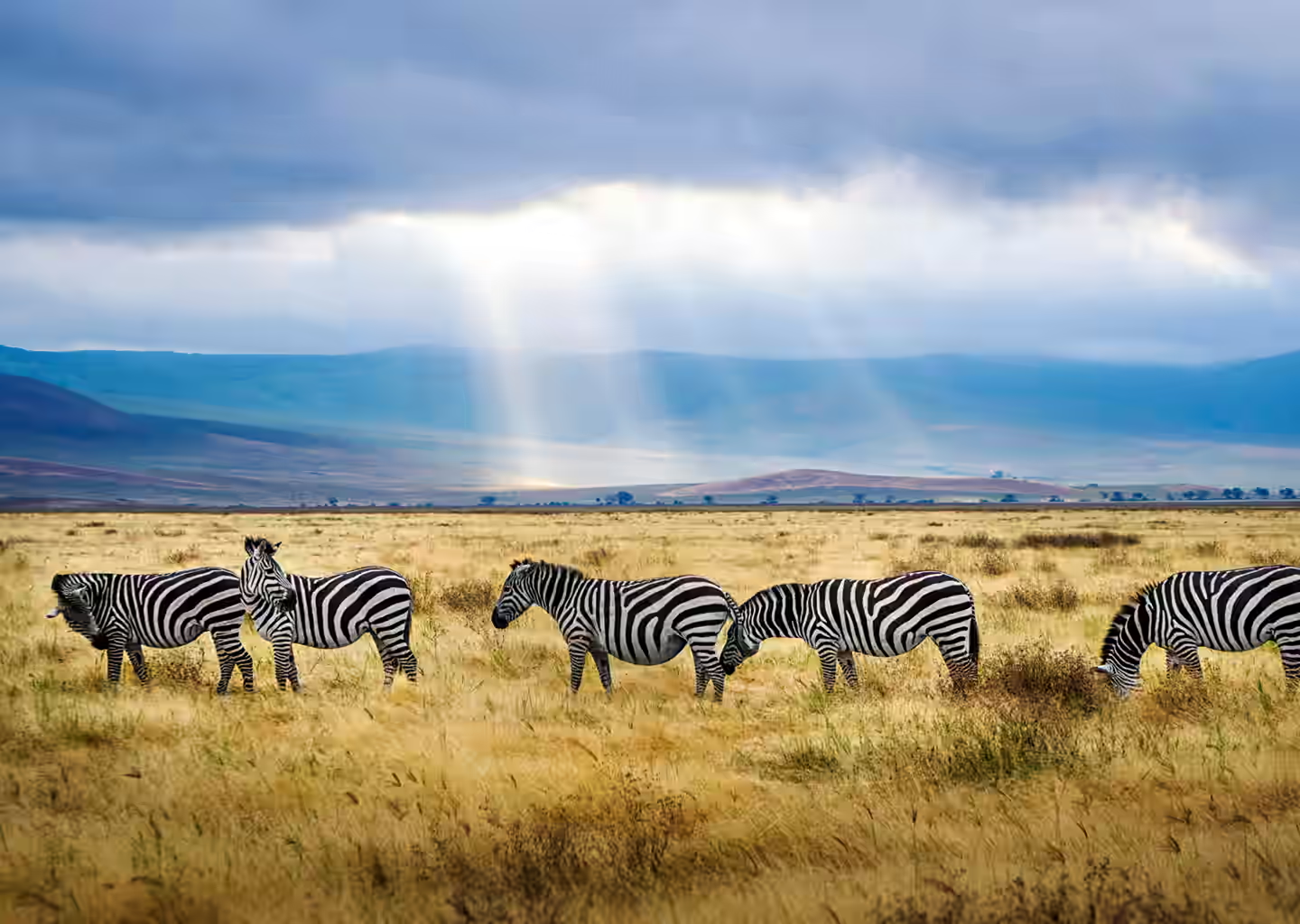How to Plan a Tanzania Safari on a Budget: 10-Step Guide for Savvy Travelers
Tanzania is renowned for offering diverse safari experiences that cater to various budgets, making it possible for cost-conscious travellers to witness the country’s spectacular wildlife and landscapes. This comprehensive guide outlines a 10-step process to plan an affordable yet unforgettable Tanzania safari adventure. From selecting budget-friendly destinations to maximizing local experiences, follow these steps to create your dream safari without breaking the bank.
What defines a budget safari in Tanzania?
A budget safari in Tanzania typically involves cost-effective choices that still provide an authentic wildlife experience. Key characteristics include:
- Shared transportation or group tours
- Basic accommodation (e.g., camping, budget lodges)
- Visits to less expensive but wildlife-rich parks
- Self-catering options or simple meal plans
- Emphasis on essential experiences over luxury amenities
Step 1: Determine Your Budget
Understanding your budget is crucial for planning an affordable Tanzania safari. Typical price ranges for budget safaris are:
- Basic: $100-$150 per person per day
- Mid-range: $150-$250 per person per day
- Upper budget: $250-$350 per person per day
Sample Budget Breakdown:
| Expense Category | Percentage of Total Budget | Daily Cost (USD) |
|---|---|---|
| Accommodation | 30-40% | $30-$140 |
| Transportation | 25-35% | $25-$122 |
| Park Fees | 20-25% | $20-$87 |
| Food & Drinks | 10-15% | $10-$52 |
| Activities | 5-10% | $5-$35 |
Note: Costs vary significantly based on season, destinations, and specific choices.
Step 2: Choose the Best Time for Budget Travel
Timing your safari can significantly impact costs. Here’s a comparison of seasons:
| Season | Months | Cost Level | Wildlife Viewing |
|---|---|---|---|
| Low (Green) | April-May | Lowest | Good, with some rain |
| Shoulder | November-December | Moderate | Excellent |
| High (Dry) | June-October | Highest | Peak conditions |
For budget travellers, the best months are typically April-May (green season) and November-December (shoulder season). These periods offer a balance of affordability and good wildlife viewing opportunities, though you may encounter some rain.
Step 3: Select Budget-Friendly Safari Destinations
Tanzania offers several affordable parks and reserves that provide excellent wildlife experiences:
- Tarangire National Park
- Key wildlife: Large elephant herds, diverse birdlife
- Budget accommodation: Tarangire Safari Lodge, Sangaiwe Tented Lodge
- Estimated daily costs: $150-$200
- Ngorongoro Conservation Area (excluding crater)
- Key wildlife: Diverse ecosystems, Maasai culture
- Budget accommodation: Simba Campsite, Rhino Lodge
- Estimated daily costs: $200-$250
- Selous Game Reserve (part of Nyerere National Park)
- Key wildlife: Wild dogs, large elephant populations
- Budget accommodation: Selous Wilderness Camp, Selous Mapumziko Lodge
- Estimated daily costs: $180-$230
- Mikumi National Park
- Key wildlife: Lions, zebras, wildebeest
- Budget accommodation: Angalia Tented Camp, Vuma Hills Tented Camp
- Estimated daily costs: $130-$180
- Lake Manyara National Park
- Key wildlife: Tree-climbing lions, flamingos
- Budget accommodation: Twiga Campsite, Lake Manyara Wildlife Lodge
- Estimated daily costs: $140-$190
Step 4: Opt for Group Safaris or Overland Tours
Joining group safaris or overland tours can significantly reduce costs:
- Average cost savings: 30-50% compared to private safaris
- Shared expenses: Transportation, guide fees, and sometimes accommodation
- Social aspect: Meet like-minded travelers
Tips for finding reputable group tours:
- Read reviews on platforms like TripAdvisor and SafariBookings
- Check for certifications (e.g., TATO membership)
- Compare itineraries and inclusions carefully
- Look for locally-owned operators for potentially lower prices
Step 5: Choose Budget Accommodation Wisely
Budget accommodation options in Tanzania include:
- Camping
- Pros: Lowest cost, close to nature
- Cons: Basic facilities, potential wildlife encounters
- Average cost: $10-$30 per night
- Hostels
- Pros: Social atmosphere, often in towns
- Cons: Limited availability in national parks
- Average cost: $15-$40 per night
- Budget Lodges
- Pros: More comfort than camping, often have restaurants
- Cons: Can be basic, may lack amenities
- Average cost: $50-$100 per night
Top-rated budget accommodations:
- Karatu: Eileen’s Trees Inn
- Arusha: Ahadi Lodge
- Serengeti: Serengeti Heritage Tented Camp
- Tarangire: Sangaiwe Tented Lodge
- Selous: Selous Wilderness Camp
Step 6: Plan Your Transportation Strategically
Compare transportation options:
- Shared Safari Vehicles
- Cost: $50-$100 per day
- Pros: Cost-effective, professional driver/guide
- Cons: Less flexibility, shared space
- Public Transport
- Cost: $5-$20 per journey
- Pros: Very cheap, cultural experience
- Cons: Time-consuming, not suitable for park visits
- Self-Drive
- Cost: $50-$100 per day (plus fuel)
- Pros: Flexibility, potential cost savings for groups
- Cons: Navigation challenges, responsibility for vehicle
Tips for saving on transportation:
- Combine parks in the same circuit to minimize travel distances
- Consider flying between distant parks to save time (compared with driving costs)
- Negotiate rates for longer rentals or tours
Step 7: Book in Advance or Last Minute?
Booking strategies vary by season:
Early Booking (6+ months in advance):
- Pros: Better availability, early bird discounts
- Cons: Less flexibility, potential for better last-minute deals
- Best for: High season (June-October), popular parks
Last-Minute Booking (1-2 months before):
- Pros: Potential for significant discounts
- Cons: Limited availability, less choice
- Best for: Low season (April-May), less popular parks
Tips for finding the best deals:
- Sign up for tour operator newsletters
- Use price comparison websites
- Be flexible with dates and destinations
- Consider booking accommodations and transport separately
Step 8: Save on Park Fees and Activities
Tanzania National Parks fees structure:
- Fees vary by park and season
- Adult fees range from $30 to $70 per day
- Children and student discounts are available
Tips for saving on park fees:
- Visit during the low season for reduced fees
- Combine multiple parks on one trip for potential multi-park discounts
- Stay just outside park boundaries and do day trips
Budget-friendly safari activities:
- Walking safaris (where permitted)
- Night game drives (selected areas)
- Cultural visits to local villages
- Self-guided nature walks (in safe areas)
Step 9: Pack Smart to Avoid Unnecessary Expenses
Essential packing list for a budget safari:
- Neutral-coloured, lightweight clothing
- Comfortable walking shoes
- Sun protection (hat, sunscreen, sunglasses)
- Reusable water bottle
- Basic first aid kit
- Binoculars
- Camera with extra batteries/charger
Money-saving packing tips:
- Bring snacks and reusable containers for picnic lunches
- Pack a sarong (useful as a towel, scarf, or picnic blanket)
- Bring a headlamp or flashlight for camps without electricity
- Include some warm layers for cool mornings/evenings
Step 10: Maximize Your Budget with Local Experiences
Enhance your safari experience affordably:
- Visit local markets for souvenirs and cultural immersion
- Try street food or local restaurants for authentic cuisine
- Use local guides for walking tours in towns
- Attend free cultural events or performances
Free or low-cost activities in safari destinations:
- Sunset viewing points
- Bird watching around lodges/camps
- Stargazing in clear night skies
- Nature walks in safe areas around accommodations
Frequently Asked Questions About Planning a Tanzania Budget Safari
- Is it safe to go on a budget safari in Tanzania?
Budget safaris with reputable operators are generally safe. Research companies read reviews, and ensure they follow proper safety protocols and park regulations. - How much should I budget per day for a Tanzania safari?
For a basic budget safari, plan on $100-$150 per person per day, including accommodation, transport, park fees, and meals. Mid-range budgets are typically $150-$250 per day. - Can I see the Big Five on a budget safari?
Yes, it’s possible to see the Big Five (lion, leopard, elephant, rhino, and buffalo) on a budget safari, especially in parks like Ngorongoro Crater and Serengeti. However, rhinos are rare and harder to spot. - Are budget safaris suitable for families with children?
Many budget safaris can accommodate families, but choosing child-friendly lodges and considering age restrictions for certain activities is essential. Camping safaris may be challenging with very young children. - How long should a budget safari in Tanzania be?
A typical budget safari lasts 3-7 days, depending on the number of parks visited. A 4-5 day safari often provides a good balance of experiences and value for money.
Planning a Tanzania safari on a budget is not only possible but can lead to an incredibly rewarding and authentic experience. By following these 10 steps, you can create an affordable safari adventure that doesn’t compromise on wildlife encounters or cultural experiences. Remember that flexibility, planning, and a willingness to embrace local experiences are key to maximizing your budget.
Ready to start planning your budget-friendly Tanzania safari? Get a personalized quote from our local experts and turn your dream safari into reality!



